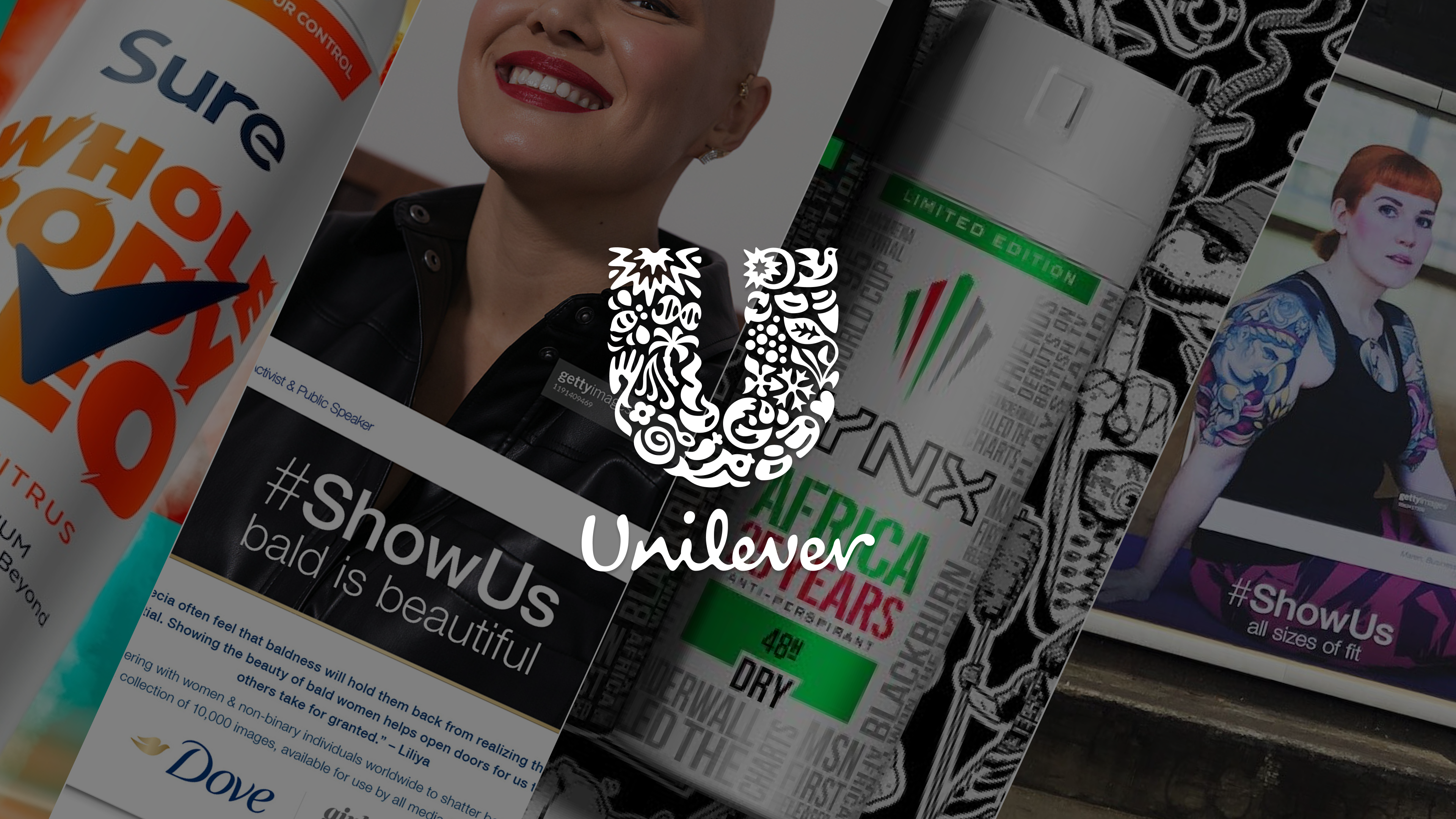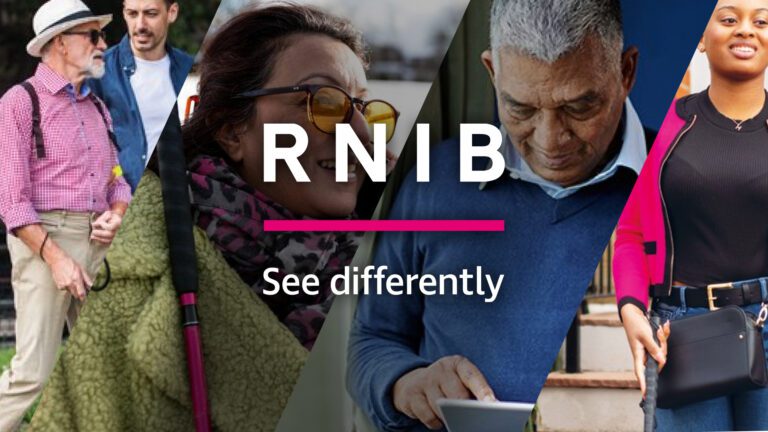How Unilever builds iconic brands that last
In an industry obsessed with chasing the next trend, Kathryn Swallow makes the case for something far less flashy: brand fundamentals. As the former worldwide head of Unilever’s deodorants category, she’s had extensive experience overseeing the biggest global personal care brands including Rexona (Sure), Lynx (Axe), and Dove.
These aren’t just bestsellers, they’re brands that have remained firm favourites in our bathroom cabinets and on our dressing tables for decades. The reason? Each of these brands have a deep understanding of who they are, why they exist, and how to flex – but never forget – their core.
Kathryn joined the latest episode of the SocialMinds podcast to explain why marketers need to get reacquainted with the basics, how to balance consistency with creative flair, and why brand purpose needs a serious PR refresh.
Fundamentals are fundamental
When a brand is touched by hundreds of people – agencies, influencers, creators, internal teams – fragmentation is inevitable. That’s why brand fundamentals matter more now than ever.
So, what exactly are brand fundamentals? According to Kathryn, it’s a handful of simple but very important things: the consumer insight that’s powering the brand, your brand promise, and your distinctive brand assets. Think Dove’s golden dove icon, or the telltale crack sound in a Magnum ad. From logos to fonts and even your product packaging, these are things that should stand the test of time.
“Consumers don’t spend hours thinking about deodorant. You need to show up in ways they recognise, again and again.”
But that doesn’t mean creativity is stifled when it comes to adapting to new channels, platforms and evolving consumer needs. “It’s about freedom in a framework. Codify what great looks like – and just as importantly, what it doesn’t – so others can build on it in their own way,” explains Kathryn.
@lynx Josh scoring 🤝 Lynx
♬ original sound – Lynx
Take the enduring success of Sure’s tagline: “It won’t let you down”. It’s simple, clear, and 20 years on, still synonymous with trust and performance. Dove’s move into deodorants followed the same logic: before launching, their marketing team considered whether superior underarm care was relevant to the Dove brand. But underarms need skincare, too. That clarity of purpose meant deodorants became one of Dove’s biggest categories since its launch in the early 2000s.
Local insight, global impact
Brand consistency matters. But cultural nuance matters more.
“You need to lock down your brand fundamentals, of course. But the reality is, you have to deeply understand your customer too,” Kathryn says. “In Indonesia, many women wear hijabs, and trapped heat is a major concern. That insight lets us tailor claims, language and product testing without ever losing who we are as a brand.”
Unilever’s deodorant category spans 100+ countries under different brand names -Sure, Rexona, Degree and Shield to name a few – but the core positioning stays consistent. That’s only possible thanks to an internal community built around collaboration, fast feedback and shared fundamentals.
“Purpose doesn’t have to mean saving the world. It just needs to answer a real need. Purpose should drive meaning and difference – and when done right, it drives affinity and sales.”
“Everyone who touches the brand is part of it. Across our global teams, we use an internal WhatsApp group to share work, insights and ideas and keep each other updated in real time,” she added. “And Dove, for example, has a thriving community of influencers who are so strongly connected with the brand. They’ll even tell the Unilever brand team when there’s something happening that could be detrimental to confidence and beauty so they can keep you plugged into what’s going on.”
Purpose without self-righteousness
Kathryn doesn’t mince words: “Purpose needs a rebrand.”
Once the domain of lofty corporate social responsibility campaigns, brand purpose has become bloated, and at times, performative. “It doesn’t have to mean saving the world,” she said. “It just needs to answer a real need. Purpose should drive meaning and difference – and when done right, it drives affinity and sales.”
Sure’s global repositioning is a prime example. It moved from purely functional messaging (sweat protection) to a more emotional one: giving people the confidence to move. The campaign went deeper than comms – it included a global white paper showing that two-thirds of people, especially in social settings, feel held back from movement by a lack of confidence, including fear of sweat and odour. That emotional insight turned a utility product into a lifestyle enabler.
Even more emotionally charged is Dove’s long-running Redefining Beauty platform – a benchmark for purpose-driven marketing. Countless Dove campaigns have gone viral, been spotlighted and won awards under Redefining Beauty’s banner, in line with the brand’s mission to challenge and redefine unrealistic beauty standards in the media.
Only in February this year, Dove aired a poignant 30-second Super Bowl ad spotlighting the issue of body shaming in youth sports and partnered with Sports Illustrated to release “Sports reIllustrated,” a special edition celebrating young female athletes, aiming to inspire confidence and challenge stereotypes in sports.
Craft over chaos
With the rise of AI and endless data, there’s pressure to produce more content, faster. But Kathryn argues the true differentiator today is craft, not chaos.
“Technology raises the floor. Craftsmanship raises the ceiling,” she said. “You can churn out 200 designs in seconds, but you still need the judgement to know which ones are right.”
“Technology raises the floor. Craftsmanship raises the ceiling.”
Consistency isn’t boring, she adds; it’s the building block of long-term brand equity. “Consumers don’t spend hours thinking about deodorant. You need to show up in ways they recognise, again and again. That’s how brands flourish.”
How to stay relevant without losing your roots:
- Define your fundamentals, then show how they flex. Nail your promise, insight and assets. Then codify how they show up across channels and creators.
- Build creative constraints. Frameworks should empower people to experiment, not stifle them.
- Adapt globally, act locally. Stay culturally relevant by truly understanding your audiences. Tailor messaging, not your brand identity.
- Reframe your purpose. Purpose doesn’t have to be performative. It just has to be real, ownable and meaningful to your customer.
- Quality over quantity. Invest in creative judgement, not just AI-generated output.
- Lead with curiosity. Stay obsessed with your customer. Kathryn calls it the number one skill modern marketers need, and she’s not wrong.





